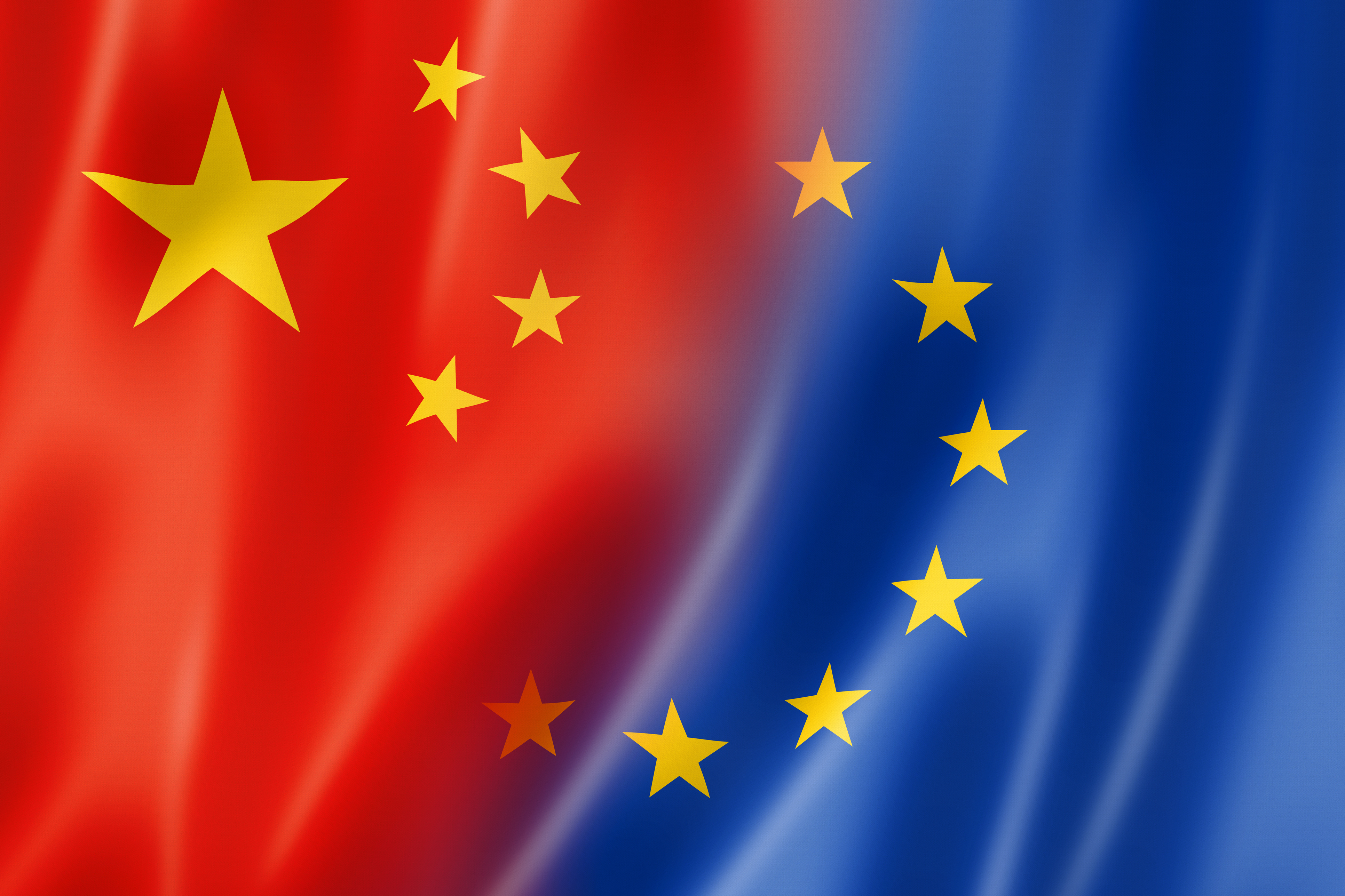Brussels – The European Parliament today (September 19) approved a resolution that recognises the presidency of Edmundo González Urrutia in Venezuela as “legitimate and democratically elected” and “strongly condemns and rejects in toto the electoral fraud.” However, the news is different: the text, proposed by popular and conservative parties, passed thanks to the compact vote of the right wing of the Strasbourg Chamber and despite the abstention of the Liberals and the opposition of the Social Democrats.
At the first plenary session—after the inaugural one in July—the scenario of a right-wing majority “as needed” is already opening up. The resolution on Venezuela stems from a joint proposal by the EPP and ECR and was approved thanks to the unity of the right-wing groups in the Parliament: in addition to the European People’s Party and the European Conservatives and Reformists, strong support from the Patriots for Europe group and “Europe of Sovereign Nations.”
The Lega, in a note, reiterated its key role played, along with that of “Patriots for Europe,” in the approval and the PD, M5S and AVS left, who shamefully chose not to stand up for rights, freedom and democracy, was defeated.” MEP Carlo Fidanza of ECR also denounced the left for what he called “complicit silence.” He argued that “every extra day given to Maduro is a favour to those who want to turn all of Latin America into the fifth column of Russia, China, and Iran.”
Through its president, Valérie Hayer, Renew Europe communicated and explained its decision not to vote today. “Renew Europe fully supports the Venezuelan opposition leader but does not intend to enter into political agreements with so-called ‘patriots,’” Hayer commented, reiterating that “the rise of extremism poses a direct threat to Europe’s stability and future, and all political parties must take a stand against it.”
The Socialists and Democrats Group follows the same line, criticising the EPP’s decision to “ally itself with the extreme right in the European Parliament.” Javi López, vice-president of the European Parliament and S&D negotiator for the resolution on the situation in Venezuela, again speaking of the EPP, criticised the decision “to build an agreement on Venezuela with Meloni, Orbán and Le Pen, together with the support of the German far right, instead of pro-European groups.”
Condemnation of Maduro and restoration of democracy. Key points of the resolution

Many (legitimate) doubts from the international community after the re-election of Nicolas Maduro and even more concern for the regime’s clampdown on the opposition. The European Parliament, or at least the “European right” today, took a stand, approving the motion with 309 votes in favour, 201 against and 12 abstentions. The final resolution has key points: restoring democracy in Venezuela, condemning Maduro and human rights violations, and avoiding other migration crises in the region.
Parliament’s first request to Venezuelan electoral authorities is to publish “complete, transparent, and detailed voting results” respecting the people’s will. In 2023, the Maduro government and the Venezuelan opposition alliance (Plataforma Unitaria Democrática) signed a partial agreement on promoting political rights and electoral guarantees for all (called the Barbados Agreement), to guarantee “free and fair” elections, which Parliament recalls was not respected. Further confirmation comes from the arrest warrant against the president-elect (who fled to Spain in early September), which MEPs strongly condemned.
The EU and member states are urged to commit to allowing the president-elect to take office on January 10, 2025, thereby avoiding the risk of a migratory exodus to countries in the region, such as “the one that has led nearly eight million Venezuelans to flee the country in recent years.”
There was also a strong condemnation of human rights violations against regime opponents and civil society. Consistently, the Parliament demands the release of prisoners and individuals arbitrarily detained, compensation for them, and the restoration of their full social and political rights. There was great support for international actions dealing with investigations on Venezuelan territory, with a request to the UN Human Rights Council to renew the fact-finding mission dealing with Venezuela.
The Parliament also called for restoring sanctions against members of the NEC, lifted in May 2024 by the EU “as a goodwill gesture,” but this did not yield any results. The demand is that the sanctions against the regime be “extended and expanded to apply targeted human rights sanctions” against (theoretically outgoing) President Maduro and his associates, who are responsible for human rights violations in the country.
English version by the Translation Service of Withub






![Una donna controlla le informazioni sul cibo specificate sulla confezione [foto: archivio]](https://www.eunews.it/wp-content/uploads/2014/12/Etichette-alimentari.jpg)

